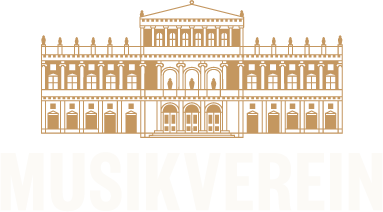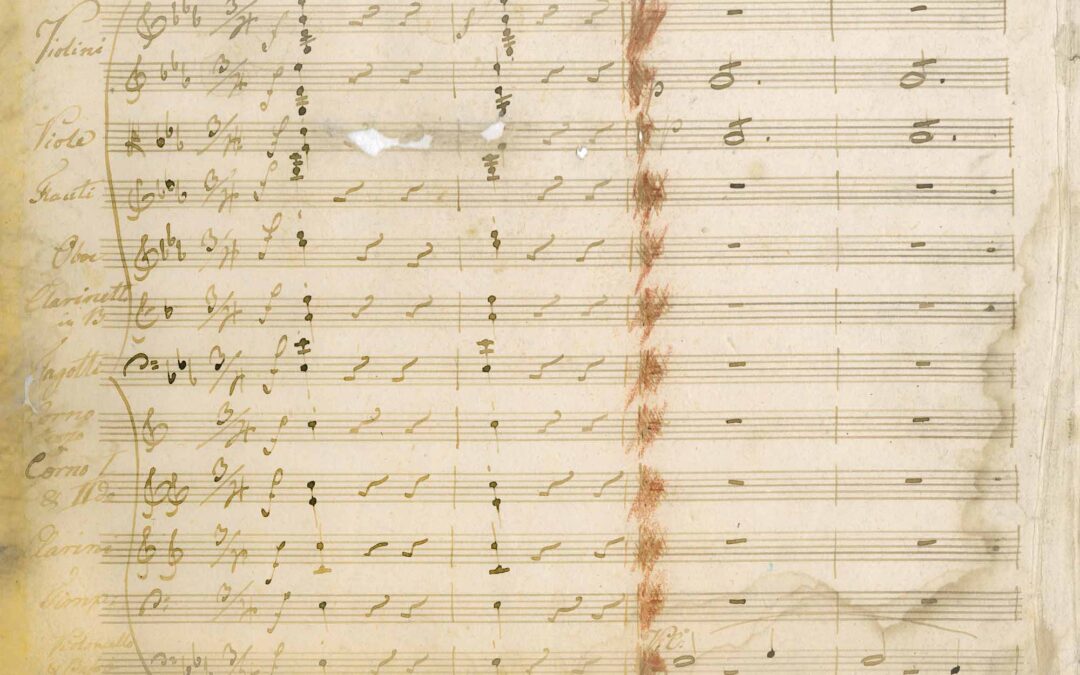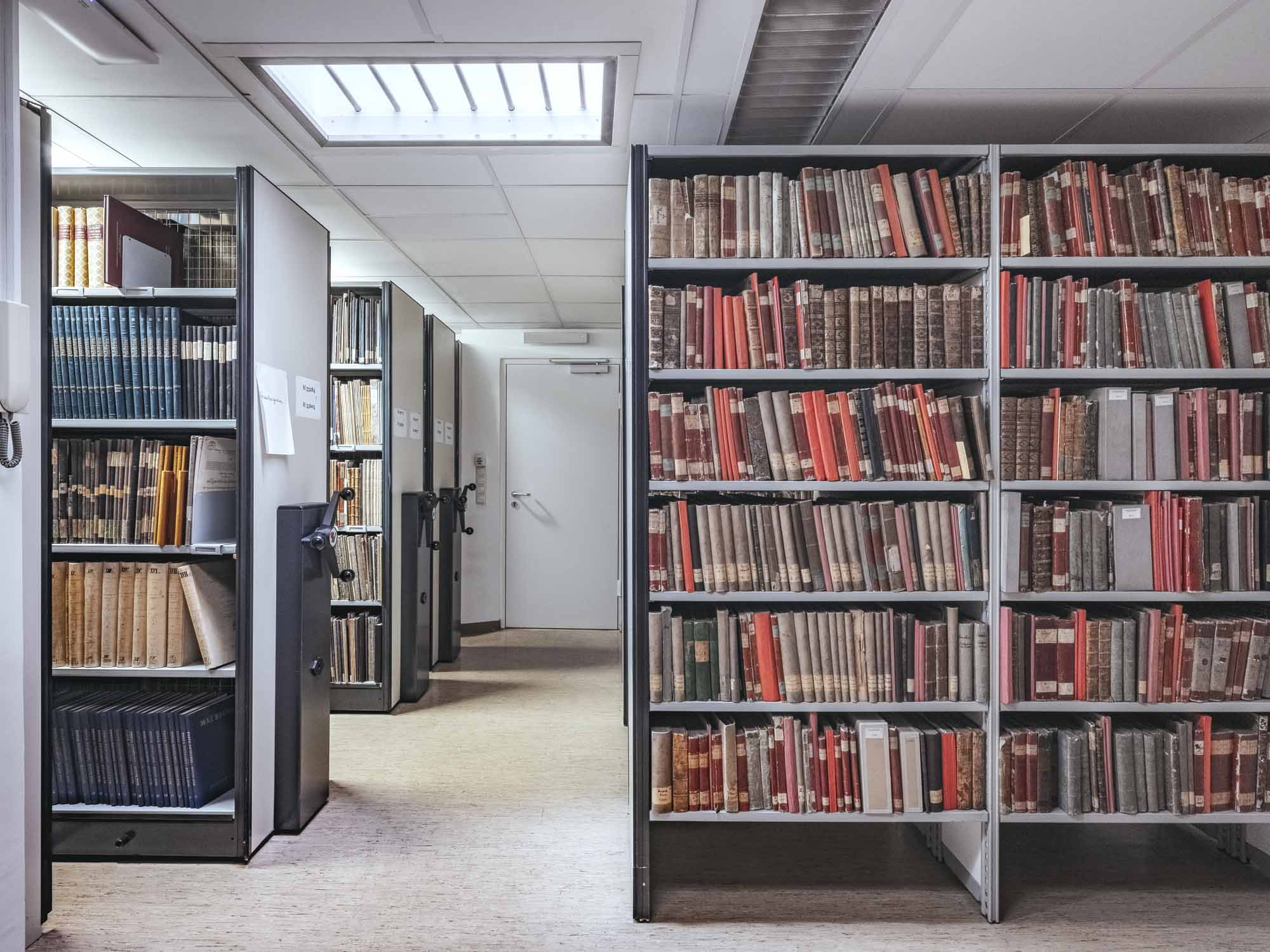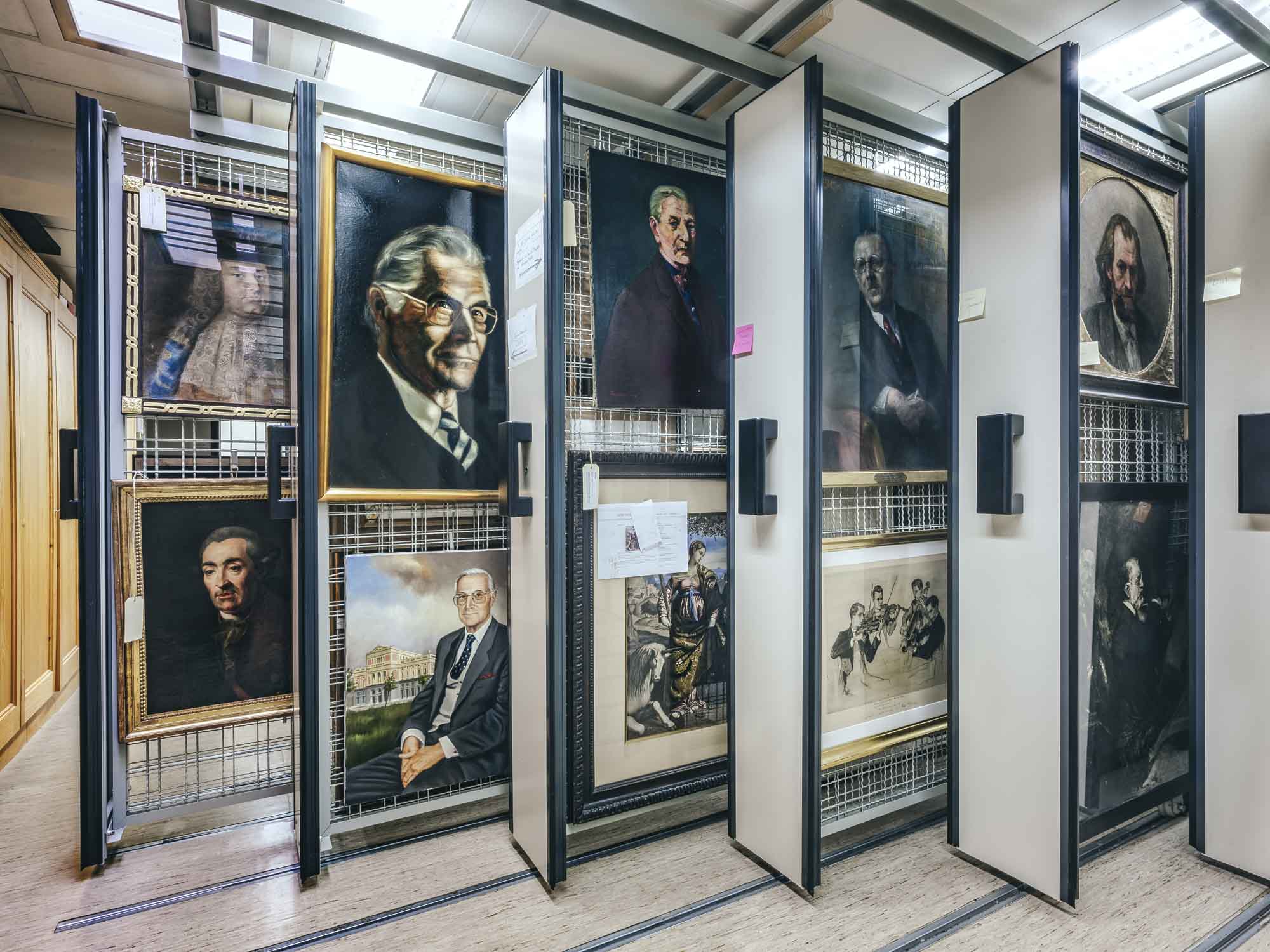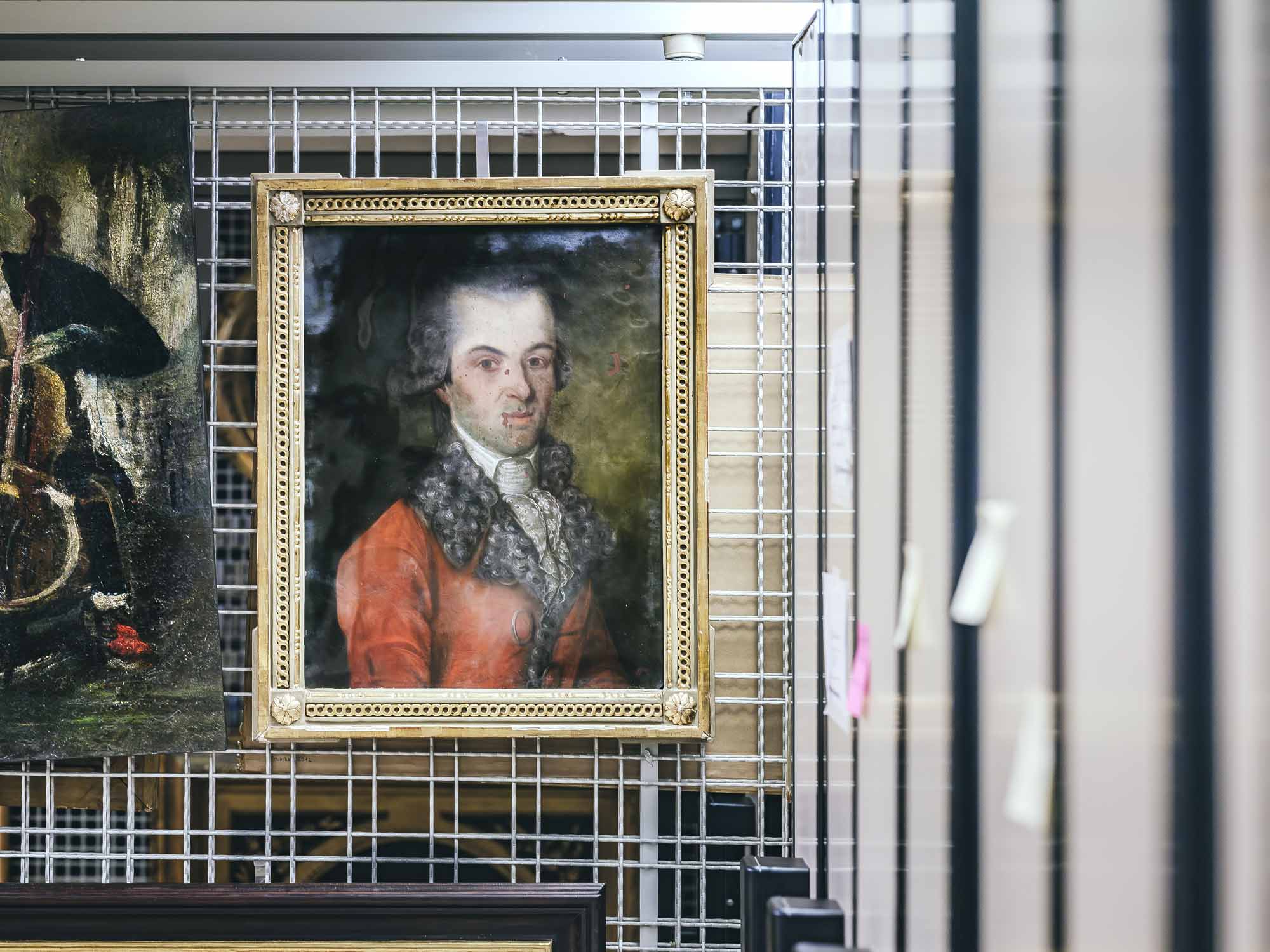Beethoven’s Eroica
But first things first: Ludwig van Beethoven made his first sketches in 1802 and composed his third symphony in 1803. He probably worked intensively on it, especially in the summer when he stayed in Döbling (today, the XIXth district of Vienna). The work was perhaps primarily completed by the end of the year.
As his pupil Ferdinand Ries noted in a letter in the fall of 1803, Beethoven planned to call the symphony “Bonaparte”. – Beethoven was undoubtedly a sympathizer of the Enlightenment and the French Revolution. When the news reached Vienna in May 1804 that Napoleon had proclaimed himself emperor, Beethoven was so disappointed and angry that he scraped the words “intitolata Bonaparte” (titled Bonaparte) off the title page with a razor. – At the time this method of erasing mistakes was a common practice, which entailed the careful scraping of the ink from the tick paper with a razor. The page was usually only superficially damaged. However, the enraged Beethoven wielded the knife with such force that he created a hole on the title page.
The first performance took place at Prince Lobkowitz´s palace in June 1804. Invoices have been preserved, and the payment of musicians who participated in the rehearsals for the symphony performance is documented.
The score was prepared by the copyist Benjamin Gebauer. However, Beethoven probably made changes after the premiere, which he entered into the score. They are easily recognizable as written in darker ink or red chalk. Two annotations on Beethoven’s hand can also be seen on the title page.
An autograph score by Beethoven himself has not survived. The copyist’s score – with the master’s entries – is the most essential source for the symphony.
Society of the Friends of Music in Vienna
Beethoven owned this score until his death. It was bought at the estate auction in November 1827 by the pianist and composer Joseph Dessauer. On the occasion of Beethoven’s 100th birthday in 1870, he donated it to the Gesellschaft der Musikfreunde.
General Information
Use of the archive
Welcome to the archive: Find out how you can access valuable resources and expand your knowledge.
Scientific inquiries
Optimize your scientific knowledge – Explore archive resources for academic applications.
Opening hours
Plan your visit: Find out more about our current opening hours and availability.


